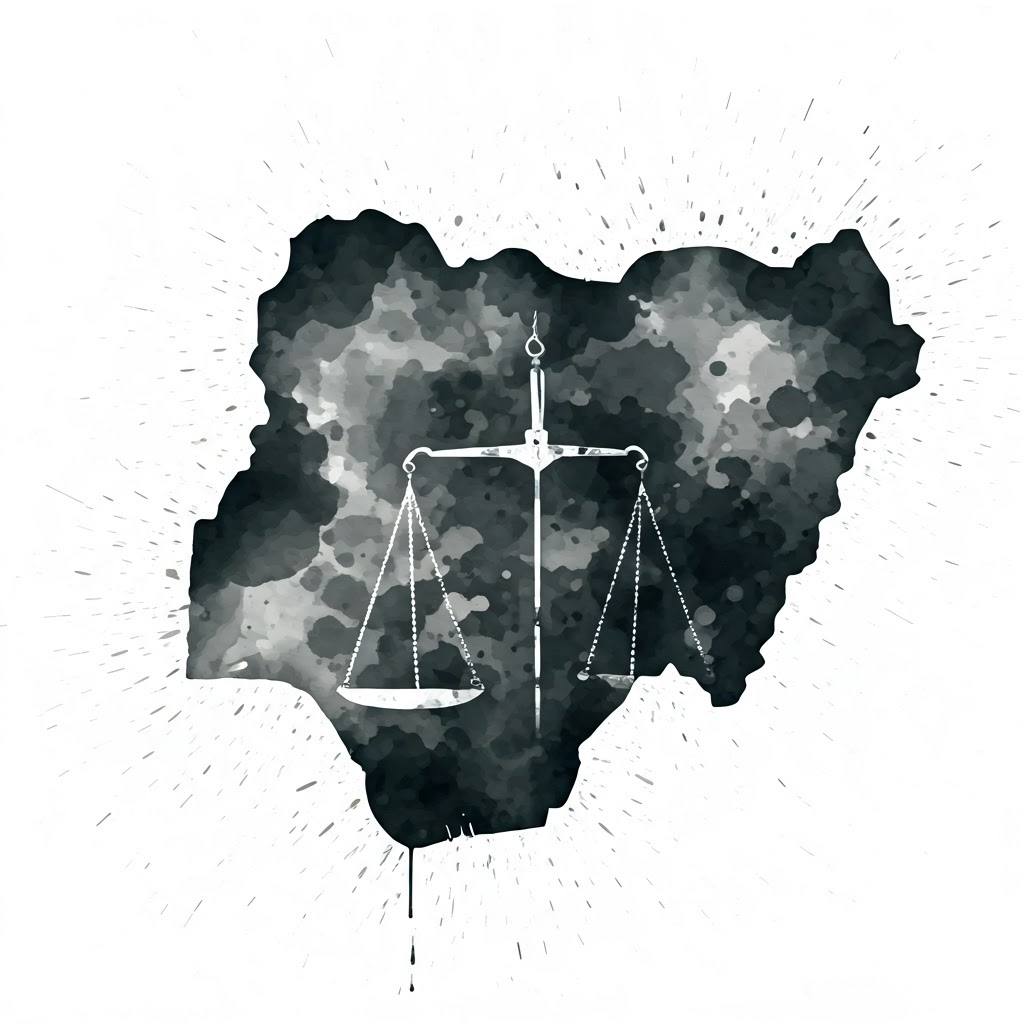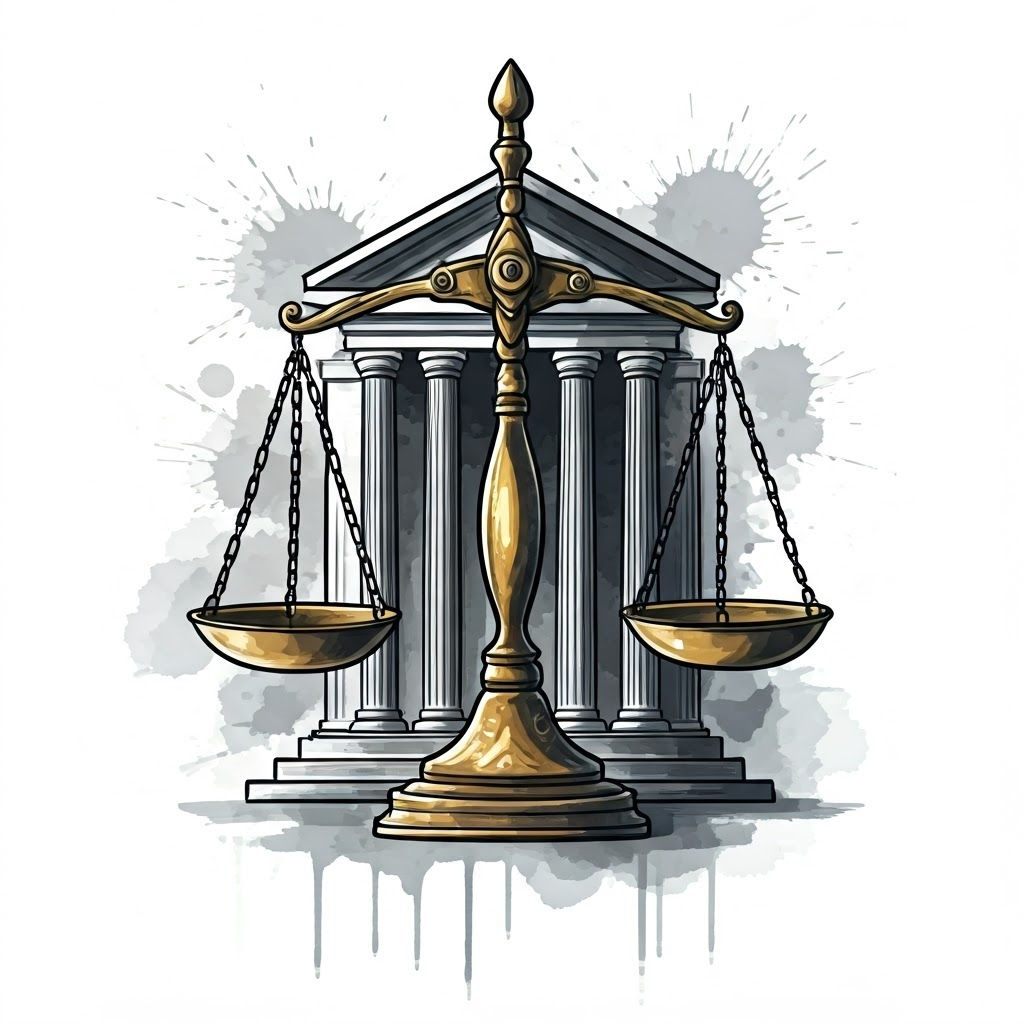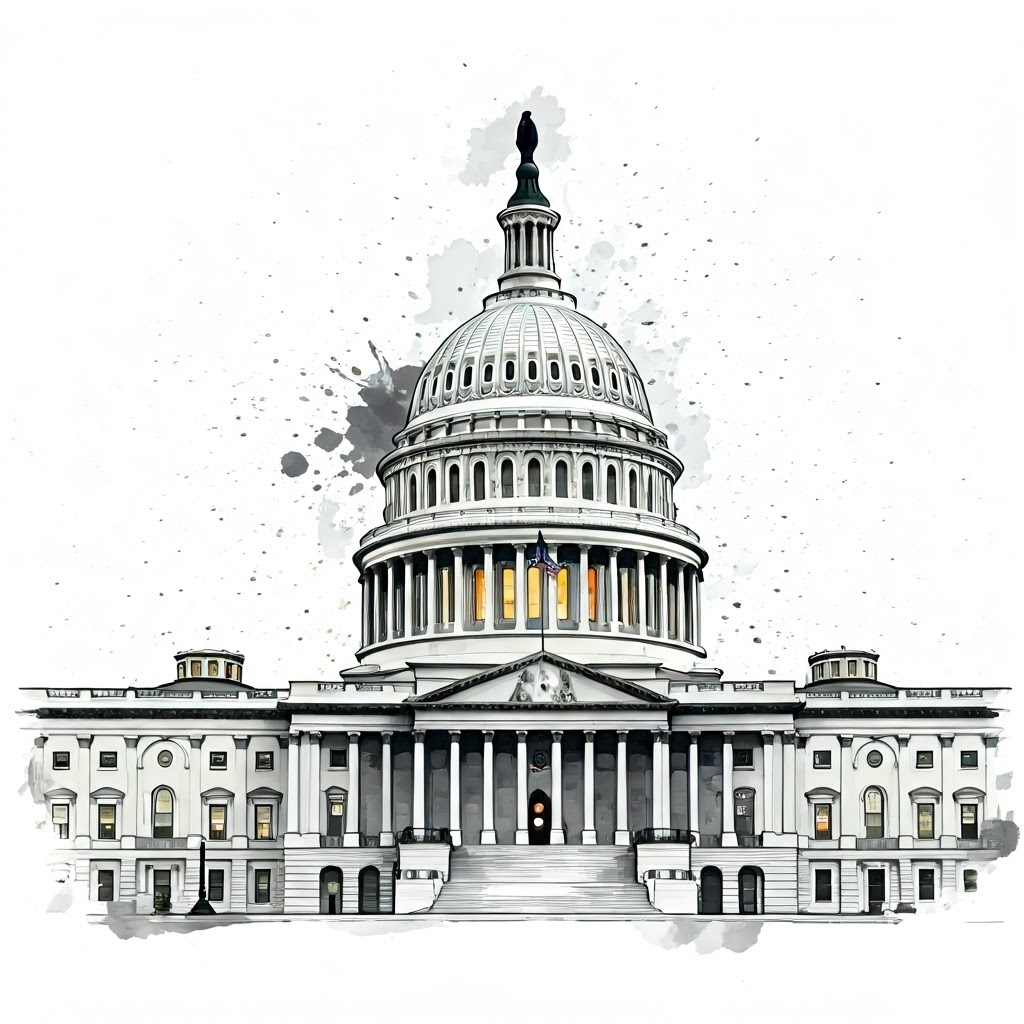A storm of controversy has erupted over a proposed bill seeking to regulate Nigeria’s out-of-home (OOH) advertising sector. Key media organizations have voiced strong opposition, alleging potential conflicts with existing regulations and a lack of transparency in the legislative process. This bill, they argue, could stifle innovation and growth in a vital part of the Nigerian economy.
- Major media bodies reject the proposed OOH advertising bill.
- Concerns raised over regulatory overlap with ARCON.
- Allegations of a lack of transparency in the public hearing process.
- Industry experts question the motives behind the bill.
The Controversial Bill Sparks Outrage
The “Chartered Out-of-Home Media Practitioners of Nigeria Bill, 2024 (SB 448)”, sponsored by Senator Enyinnaya Abaribe, aims to establish a new regulatory body for OOH advertising. However, this move has been met with fierce resistance from prominent organizations like the Broadcasting Organisations of Nigeria (BON), the Association of Advertising Agencies of Nigeria (AAAN), and the Experiential Marketers Association of Nigeria (EXMAN).
Regulatory Overreach?
These groups argue that the bill duplicates the functions of the existing Advertising Regulatory Council of Nigeria (ARCON), which already oversees all advertising sub-sectors. They fear the new body will create unnecessary bureaucracy, confusion, and potential conflicts. The bill also disregards that the advertising ecosystem is already subject to both ARCON’s national oversight and regulations from state-level agencies. This layered approach, critics argue, ensures checks and balances while respecting local autonomy.
Transparency in Question
Adding fuel to the fire, questions have been raised about the transparency of the public hearing process. Key stakeholders, including the Association of Local Governments of Nigeria (ALGON) and the Advertisers Association of Nigeria (ADVAN), were reportedly not invited or informed. This omission has fueled suspicion and speculation about the true intentions behind the bill. For instance, including the Council for the Regulation of Engineering in Nigeria (COREN), a body with little direct relevance to advertising, while excluding key stakeholders like ALGON and state signage agencies, raises eyebrows and questions the bill’s true focus.
Is it a Power Grab?
Some industry observers suspect the bill is motivated by personal agendas rather than a genuine desire to improve the advertising ecosystem. The establishment of a parallel regulatory body could create opportunities for patronage and corruption, undermining the progress made under ARCON. This duplication also contradicts the Federal Government’s efforts to streamline MDAs and eliminate redundancy, following the recommendations of the Oronsaye report. This report specifically identified overlapping functions within government agencies as a major source of inefficiency and waste, emphasizing the need for consolidation. Creating a new regulatory body seems to fly in the face of these recommendations.
What’s Next?
The Senate Committee on Establishment and Public Service is expected to continue deliberations. However, the controversy surrounding the bill has cast a long shadow over the process. The outcry from major industry players raises serious questions about the bill’s legitimacy and potential impact. Will the Senate heed these concerns, or will the bill proceed despite widespread opposition? Only time will tell.





